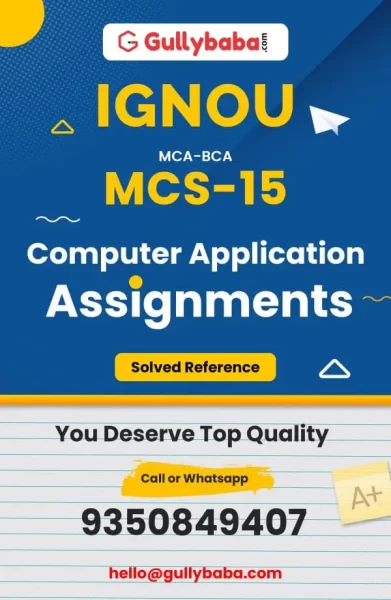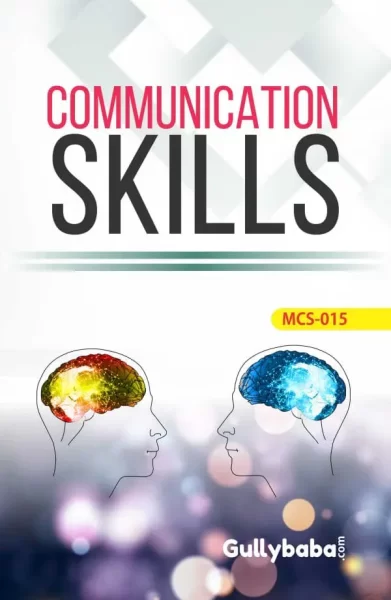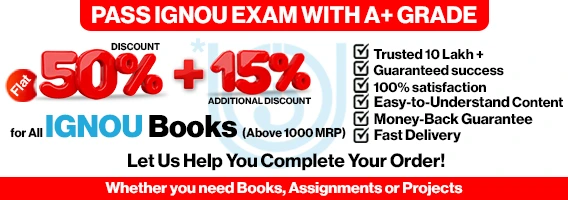-
Sale!
MCS-15
Communication Skills
₹40.00 – ₹100.00Bought by : 2738 StudentsIn Stock Only 0 left ! -
Sale!
BCSL-21-22 MCSL-17 + MCS-11 + MCS-12 + MCS-13 + MCS-14 + MCS-15
IGNOU MCA Computer Application Combo
Bought by : 3469 StudentsIn Stock Only 0 left !48 in stock 10 people are viewing this, and 15 recently purchased it.
-
Sale!
BCSL-21-22 MCSL-17 + ECO-02 + MCS-11 + MCS-12 + MCS-13 + MCS-15
IGNOU BCA Computer Application Combo
Bought by : 2389 StudentsIn Stock Only 0 left !48 in stock 2 people are viewing this, and 26 recently purchased it.
-
Sale!
MCS-15
Communication Skills
Bought by : 3986 StudentsIn Stock Only 0 left !








